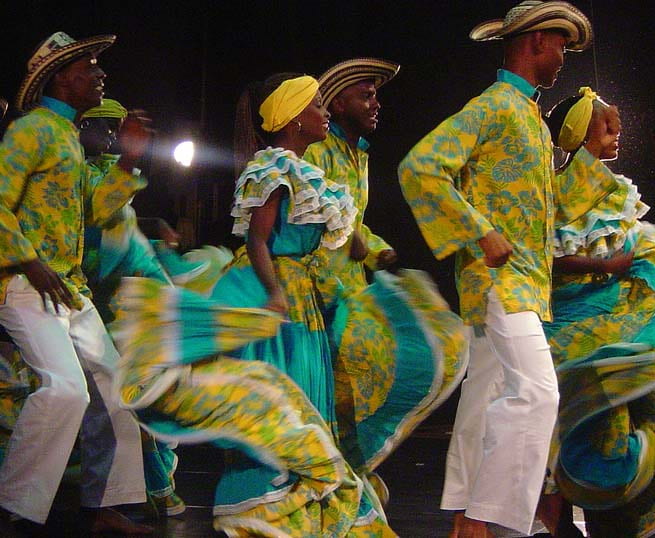
Intersectionality: Why Aren’t Indigenous Peoples of African Descent Discussed in Conversations Regarding Indigeneity?
When most think of indigenous people (especially those in Latin America), indigenous people who also have African heritage are not a part of the conversation. Specifically, in our class where we discussed a variety of different indigenous rights and issues, Afro-Indigeneity was not a topic we discussed until a few students voiced their thoughts on the lack of such content. And even then, the discussion was brief and only a limited amount of sources were provided as course materials (at no fault of the professor). While indigenous people in Latin America are a marginalized and oppressed group, the Afro-Latinx/Indigenous community is marginalized within the already marginalized group– much like how African American or Black people are oppressed and marginalized in the United States and queer Black people are marginalized within the Black community.
What Afro-Indigenous people are deprived of is their ability to be indigenous. As Avi Chomsky and Cindy Forster express in their 2006 article “Who Is Indigenous? Who Is Afro-Colombian? Who Decides?”, people who claim both African and indigenous heritage are not recognized as both African and indigenous because they are considered “peasants” and are “defined . . . as “a group of families of African descent that possesses its own culture, shares a history, and has its own traditions and customs . . . who demonstrate and conserve a consciousness of their identity that distinguishes them from other ethnic groups”. In other words, Afro-Colombian people are their own separate group/ethnicity and are thus excluded from indigenous communities. They must pick one identity over the other and many times that identity is chosen for them; fore, Afro-Indigenous people are not indigenous to many people because of their African heritage– they are Afro-whatever (whatever referring to the Latin American country in which African-descended people live/populate).
Afro-Indigenous peoples are excluded from indigenous conversations just as it is difficult for indigenous women to be a part of the same discussions. They have to prove themselves in ways that other indigenous people do not; and yet, Afro-Indigenous people are still not considered members of indigenous communities. They are not allowed to have more than one identity. They must be what their country and society dictate they are.
This is to say that not all Afro-Latinx American people are of indigenous descent and are shunned or excluded from the communities, but the fact remains that there is a lack of scholarship on Afro-Indigenous people and their inclusion in indigenous communities.